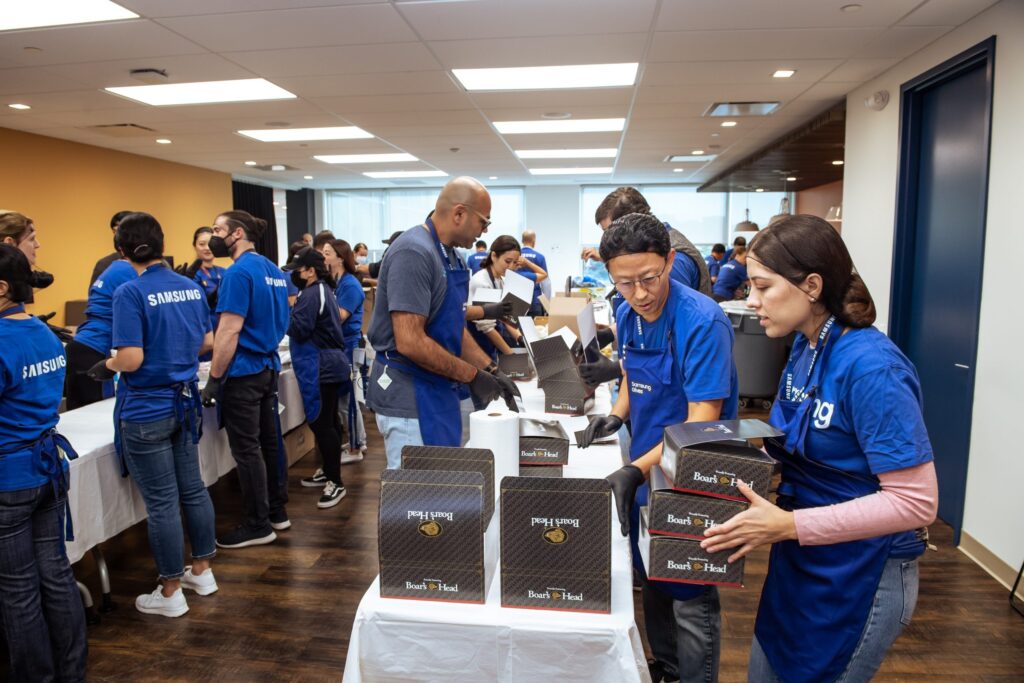🏢 Samsung Cracks Down on Remote Work: What Their 5-Day Office Mandate Means for the Future of Flexibility
Published by RemoteGoldMine | August 2025 In a move that’s stirring up conversations across the global workforce, Samsung has doubled down on its return-to-office policy—again. This week, the tech giant sent its third update email to U.S.-based employees in its semiconductor division, mandating a full five-day in-office schedule. But that’s not all. The company is also introducing monitoring tools to ensure attendance and curb a rising workplace trend now known as “coffee badging.” 🚨 What’s “Coffee Badging,” and Why Is Samsung Worried? If you haven’t heard the term yet, “coffee badging” refers to when employees briefly check into the office—just long enough to be seen or scanned in—then leave or do remote work elsewhere. It’s become a subtle form of rebellion in a world where hybrid and remote flexibility are being taken away. Samsung’s move to monitor badge swipes and enforce presence isn’t just about productivity—it’s about control, culture, and a growing fear of employee disengagement. 🧠 Why This Story Matters (and Why It’s Going Viral) Samsung isn’t the first major company to call employees back—but its aggressive enforcement is raising eyebrows. The backlash has been swift online: The story has been picked up globally, igniting heated debates across TikTok, LinkedIn, Reddit, and remote work forums. 📊 The Bigger Picture: Remote Work vs. Return-to-Office Samsung’s semiconductor division may rely on in-person collaboration for hardware innovations—but for white-collar employees and engineers, the one-size-fits-all approach feels outdated. A recent Gartner survey shows: 🌍 What This Means for Global Remote Workers This isn’t just a U.S. or tech issue. Across the world: As companies like Samsung clamp down, others are leaning in to flexibility to attract top talent. 🔮 Is This the End of Remote Work? Not even close. But Samsung’s decision is a reminder that remote work is not yet a right—it’s still a negotiation. And as long as that’s true, employees and employers will remain at odds over what work should look like. 💬 Final Thoughts from RemoteGoldMine Samsung’s crackdown may be trending—but it’s not the final word. The future of work is being shaped in real-time. And it won’t be decided by badge swipes—it will be decided by results, retention, and respect. Let’s not forget: The world adapted to remote work in a crisis. Imagine what we can achieve when we choose it in confidence. 👀 Have you ever “coffee badged” before? What would you do if your company mandated 5 days in-office? Tag us @RemoteGoldMine and join the global conversation.




